'On Becoming a Guinea Fowl' Is a Revolutionary Call to Speak Up Against Female Abuse
Writer/director Rungano Nyoni and star Susan Chardy discuss the universal implications of the Zambian-British film.

This article contains discussions of sexual assault and abuse. For support, please contact the National Sexual Assault Hotline at (800) 656-4673, or visit rainn.org.
This story includes minor spoilers about the ending of On Becoming a Guinea Fowl. The Zambian Bemba funeral rites depicted in On Becoming a Guinea Fowl are both full of noise and painfully silent. But it's what's left unsaid between the women carrying out these acts in Zambian-British filmmaker Rungano Nyoni's film that speaks volumes about female abuse.
Nyoni’s sophomore feature, released into theaters by A24 on March 7, depicts a family as they lay to rest a man who has done irreparable harm to his young female relatives—the same women expected to perform the duties of his lamentation. The funeral slips more and more into a nightmare as the scope of his abuse is unfurled, and it becomes clear how many people allowed him to continue causing pain. The story is enraging yet familiar, happening time and time again, in communities all over the world, but Rungano’s film is the most effective in recent memory at showing the devastation that a culture of silence around female abuse can cause.

On Becoming a Guinea Fowl begins with a stoic Shula (Susan Chardy) discovering the dead body of her uncle Fred in the road.
On Becoming a Guinea Fowl picks up when Shula (Susan Chardy), recently returned home to Zambia from living in Europe, comes across the dead body of her uncle in the road. One moment, Shula—coming home from a party, dressed like Missy Elliot in the “The Rain” music video— stands over the corpse; the next, we see her as a child, looking down with a stoic, emotionless expression. This surreal scene is the first time that the trauma of what Uncle Fred did to her reemerges. And though it continues to resurface, it’s never clear what exactly happened to her or the other survivors who are revealed throughout the film.
The drama is all the more compelling to leave Uncle Fred’s abuse off-screen—and it was important to Nyoni to depict it that way. “I did include a more explicit version when I wrote the script, but it always felt false to my experience and my version of what I wanted to express,” Nyoni tells Marie Claire via email. “How do you talk about something without talking about something? It is a bit of a challenge and sometimes can deflate expectations because everyone wants that cathartic moment of saying or expressing the truth, but in this setting, it's not truthful.”
With the abuse left unspoken and unseen, the viewer is left only with Shula's POV to set the narrative tone. Shots are frequently claustrophobic close-ups of her face as she sits silently among the mourners in her mother’s empty living room. Shula refuses to join the performative grief for the horrible man—the biggest stand she can take. Still, the confinement never lets up. Even when she’s the only one awake in the house, ordered to cook first thing in the morning, the camera shows Shula framed by a doorway as she stares into the fires under the boiling pots, an effective symbol of the rage she can’t express.
Shula's gregarious, often-drunk cousin Nsansa (Elizabeth Chisela) is another woman reckoning with Fred's abuse.
“It was really interesting for me to play Shula and just inhabit this space of internalizing everything, taking thoughts in but not allowing them really to come out. It's kind of turmoil inside,” Chardy tells Marie Claire over Zoom. The 42-year-old Zambian-British actress, who makes her feature-film debut in Guinea Fowl, understands her character’s place as a young woman who has been raised to respect and defer to her elders. “In some of the scenes, Shula is so focused on, How am I going to get this out of me? What am I dealing with inside, and how does this come out? There's silence around [me], but how am I going to be the one to speak up or to get this out?”
Stay In The Know
Get exclusive access to fashion and beauty trends, hot-off-the-press celebrity news, and more.
Accountability is a lofty ideal in this story. A few minutes into the film, we meet Nsansa (Elizabeth Chisela), Shula’s unruly cousin who will be some form of inebriated throughout the runtime. At first, she seems like a form of comic relief, until she ultimately presents her own story of abuse, demonstrating the tragedy beneath her tone. Then there’s Bupe (Esther Singini), another cousin who spends most of her time onscreen in the hospital. Bupe is the closest we get to a sober confession of Fred’s deeds, having recorded a video detailing what he did. Though it cuts off before the audience learns the full scope, Shula sees it all. But Bupe’s mother tells her, “Don’t think about it or talk about it. Just keep quiet.”
Silence is a prison for all three of the cousins. They often only find camaraderie in each other, save for one emotional scene where their aunties come together and direct their communal singing towards the young women. The moment of unity is the closest Shula, Nsansa, and Bupe will get to a reckoning, and it’s a moment where men are decidedly absent. But it isn’t the end of the story.
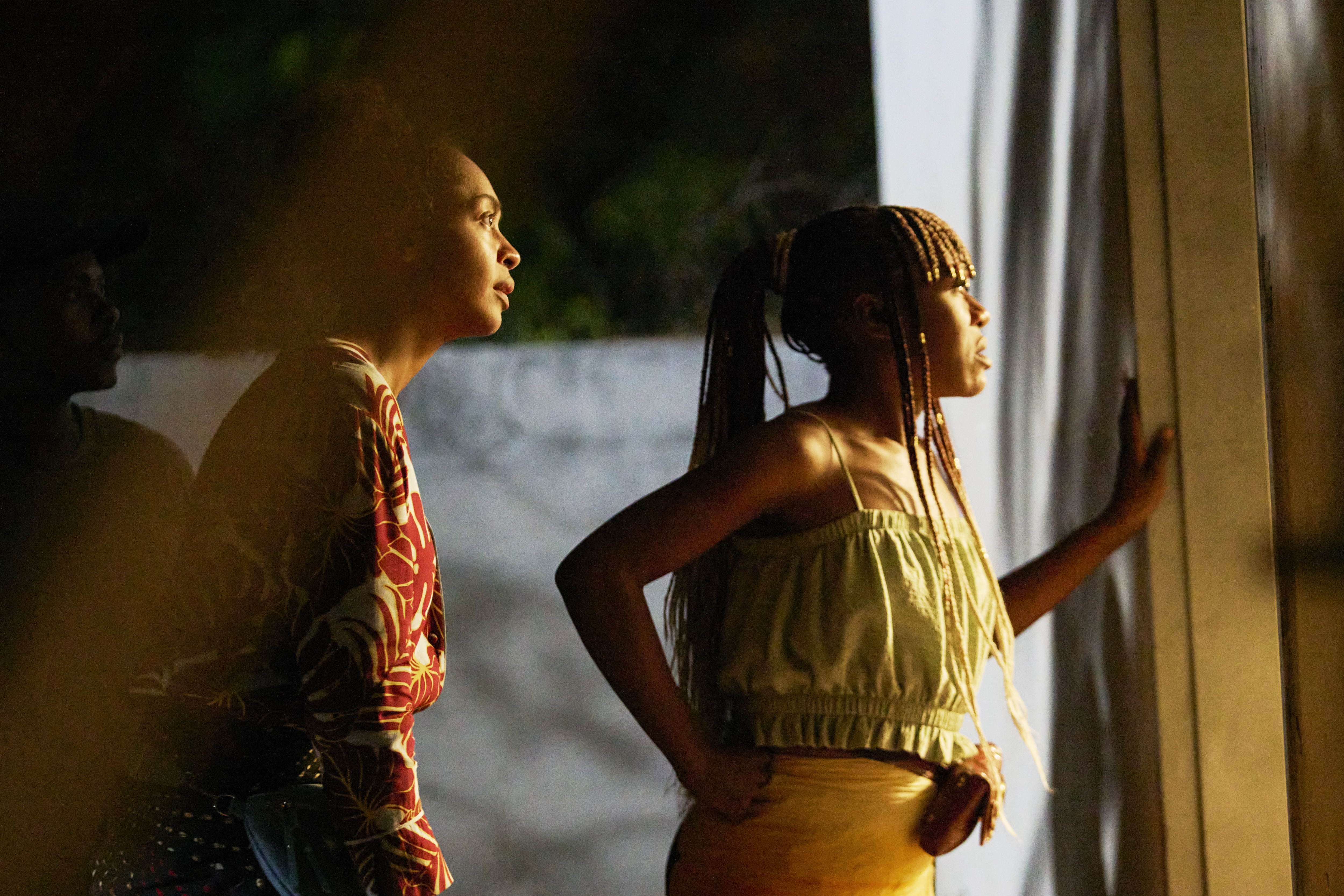
Shula (Susan Chardy, left) and Nsansa (Elizabeth Chisela, right) are examples of the inadvertent harm a family can cause within itself.
The final survivor is Fred’s young widow, Chichi (Norah Mwansa), who Shula deduces her uncle married when she was only 11 or 12. Even now, she’s still only in her teens, but the mother of a 7-year-old. Throughout the funeral days, Chichi is treated worse and worse by Shula’s aunts who claim that she drove her husband to death by being a neglectful wife. If Shula and her cousins’ turmoil show the inadvertent harm a family can cause within itself, Chichi shows the blatant, abominable harm the unit can turn towards outsiders. While Shula shows how a culture of silence can affect loved ones, Guinea Fowl’s true mastery is expounding upon that to show how none of the young women are truly protected until they all are.
On Becoming a Guinea Fowl brings its title to life in the film’s final moments, when Shula, her cousins, and Chichi’s children—the next generation hurt by their traditional ways—approach the family home where they've been gathering and Shula and Chichi’s families are now fighting over the assets Fred left behind. The cacophonous crowd is the initial focus before the shot focuses on Shula and her cousins’ disapproving glares; they’re looking into the chaotic living room but also into the camera, seemingly at the audience. Shula opens her mouth, and we hear an animalistic cry. It rivals what we learn earlier in the film that the guinea fowl’s cry is meant to warn the species when danger is approaching. Shula has become the title.
Rungano became obsessed with guinea fowls while writing the film. “In African culture, they signify healing and courage and protection of loved ones. In sub-Saharan Africa they also signify resilience,” she says. “They are just badass creatures so had to be part of the final shot somehow.” Rungano also composed the final image to be the opposite of the film’s opening, as Shula goes from being “trapped” in the dark to standing tall in an “open, bright, and sort of fantastical” frame.
Director Rungano Nyoni says the titular guinea fowl signifies "healing, courage, protection of loved ones [and] resilience."
I left my first viewing of Guinea Fowl entranced and supremely frustrated. The film left me marveling at the cultural tics of Shula’s aunties that I recognized within my own African-American family, the passive-aggressive admonishment of Shula’s behavior. It’s a specific yet universal story about the harm groups can inflict on each other, both unintentional and intentional, all stemming from not treating abuse with the gravity it deserves.
Chardy also recognizes the universal importance of the film. “It can be about anything that resonates with you personally in your life that you've been silent about, whether it's within your job, how you're treated, the color of your skin. Or someone else's experience that you've seen but have not been vocal about,” she says. “I just think, the more silent you are, things fester, and nothing good comes out of festering. We've got to all learn to get things out…The baseline of it is therapy, but on a bigger scale, it's revolutionary. It's movement. It's togetherness.”
“There's no defeat in the film,” the actress adds. “Obviously, there's no justice necessarily, but I feel like it leaves a sense of hope for future generations. So I'm hoping that it encourages more people in the climate that we're in to speak up.”
After showing how this culture of silence can devastate entire generations, On Becoming a Guinea Fowl holds a mirror up to the audience and asks, “What happens if we scream?”
Quinci is a Culture Writer who covers all aspects of pop culture, including TV, movies, music, books, and theater. She contributes interviews with talent, as well as SEO content, features, and trend stories. She fell in love with storytelling at a young age, and eventually discovered her love for cultural criticism and amplifying awareness for underrepresented storytellers across the arts. She previously served as a weekend editor for Harper’s Bazaar, where she covered breaking news and live events for the brand’s website, and helped run the brand’s social media platforms, including Instagram, Facebook, and Twitter. Her freelance writing has also appeared in outlets including HuffPost, The A.V. Club, Elle, Vulture, Salon, Teen Vogue, and others. Quinci earned her degree in English and Psychology from The University of New Mexico. She was a 2021 Eugene O’Neill Critics Institute fellow, and she is a member of the Television Critics Association. She is currently based in her hometown of Los Angeles. When she isn't writing or checking Twitter way too often, you can find her studying Korean while watching the latest K-drama, recommending her favorite shows and films to family and friends, or giving a concert performance while sitting in L.A. traffic.
-
 Princess Anne's Unexpected Suggestion About Mike Tindall's Nose
Princess Anne's Unexpected Suggestion About Mike Tindall's Nose"Princess Anne asked me if I'd have the surgery."
By Amy Mackelden Published
-
 Queen Elizabeth's "Disapproving" Royal Wedding Comment
Queen Elizabeth's "Disapproving" Royal Wedding CommentShe reportedly had lots of nice things to say, too.
By Amy Mackelden Published
-
 Palace Employees "Tried" to Get King Charles to "Slow Down"
Palace Employees "Tried" to Get King Charles to "Slow Down""Now he wants to do more and more and more. That's the problem."
By Amy Mackelden Published
-
 What to Know About Taylor Dearden, the Actress Who Plays Dr. Mel King on 'The Pitt'
What to Know About Taylor Dearden, the Actress Who Plays Dr. Mel King on 'The Pitt'Here's what to know about the Max series's breakout star, who just so happens to come from TV royalty.
By Quinci LeGardye Published
-
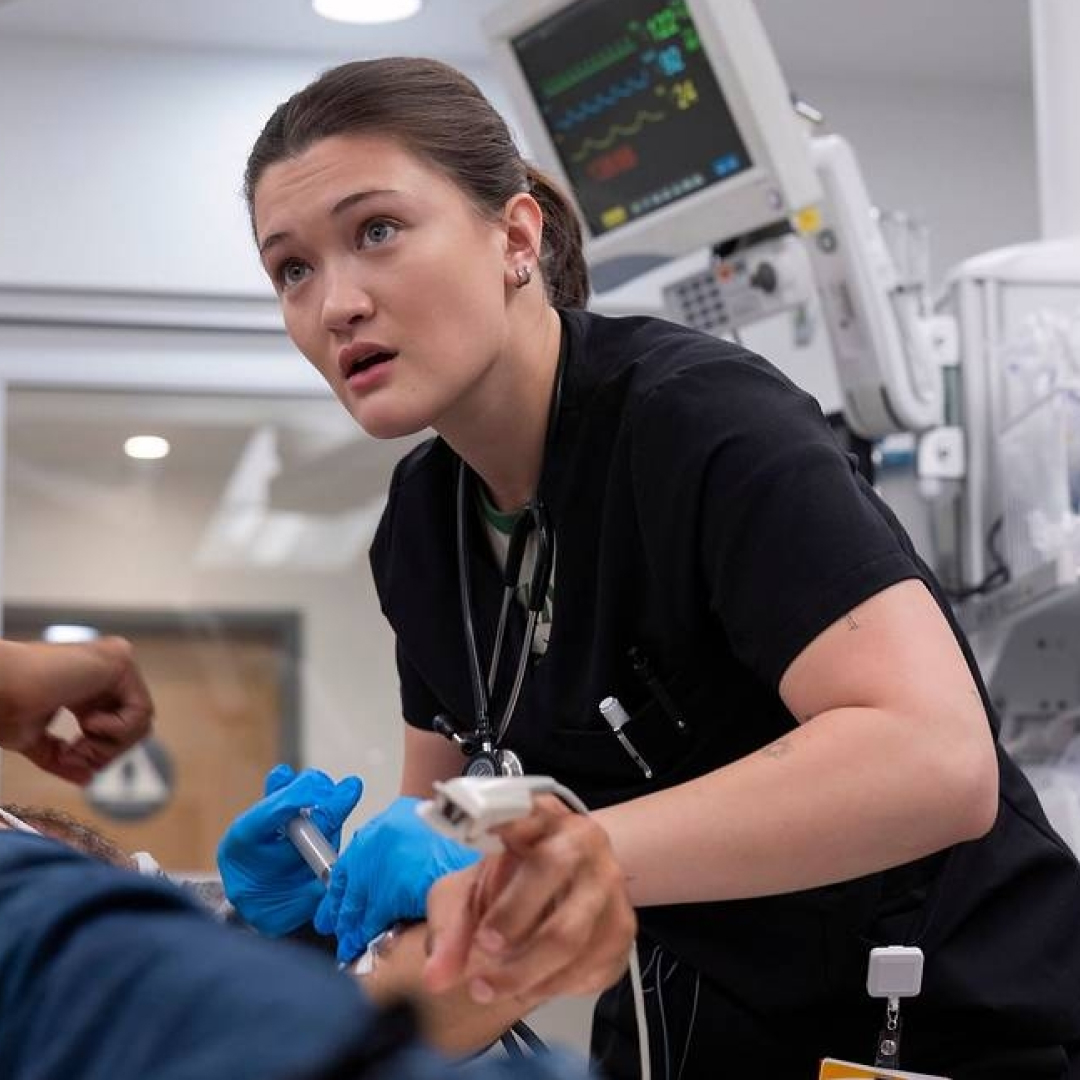 We Owe Dr. Trinity Santos From 'The Pitt' an Apology
We Owe Dr. Trinity Santos From 'The Pitt' an ApologyThe season finale of the smash Max series proved that the most unlikable character on TV may just be the hero we all need.
By Jessica Toomer Published
-
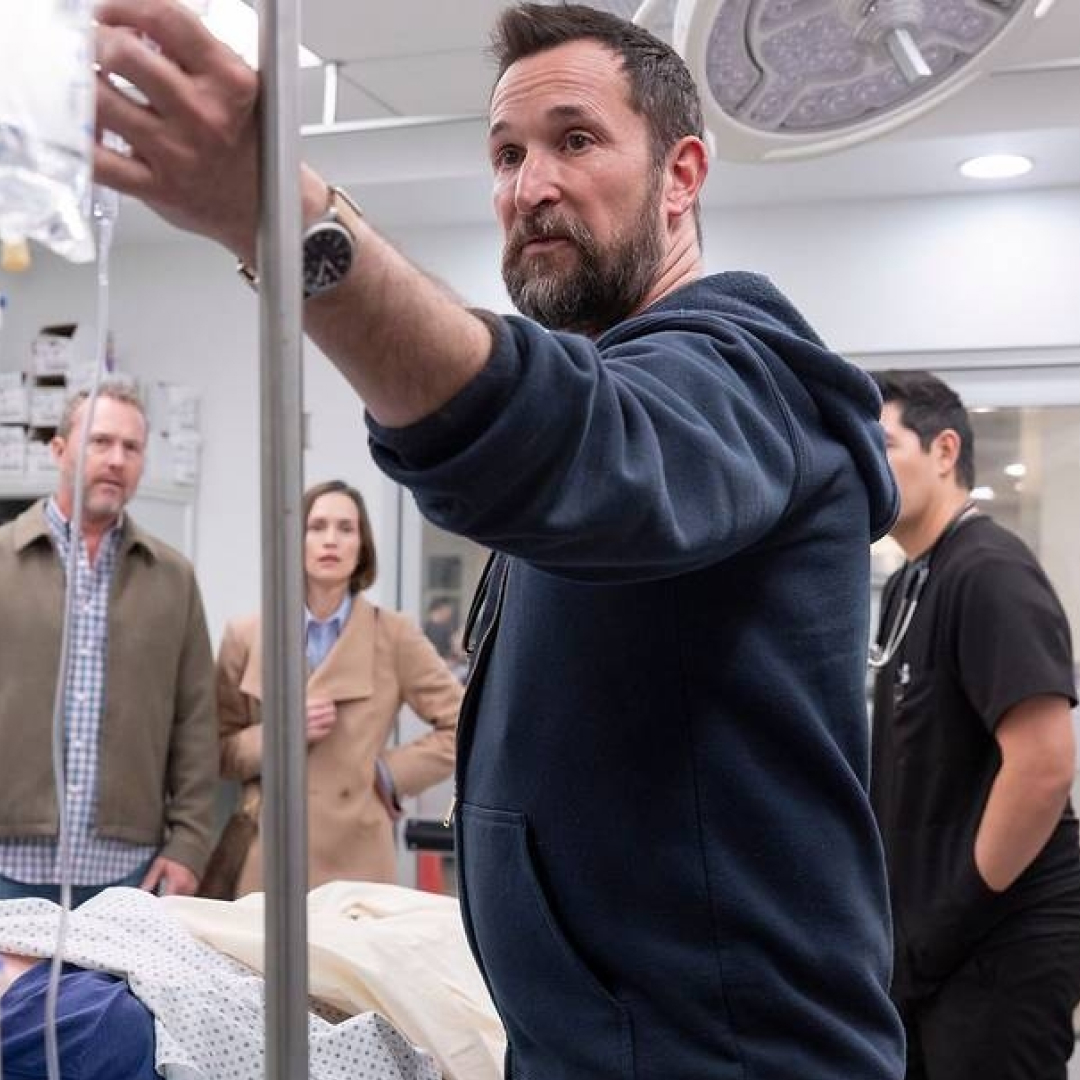 'The Pitt' Season 2: Everything We Know
'The Pitt' Season 2: Everything We KnowHere's where the hit Max medical drama could go after its gripping finale.
By Radhika Menon Published
-
 Meet Nicholas Duvernay, the Actor Who Plays Zion in 'The White Lotus' Season 3
Meet Nicholas Duvernay, the Actor Who Plays Zion in 'The White Lotus' Season 3We can't stop thinking about his scene-stealing performance in the finale.
By Quinci LeGardye Published
-
 'The White Lotus' Season 4: Everything We Know
'The White Lotus' Season 4: Everything We KnowCreator Mike White has already started teasing where the next installment will be set—and who might be back.
By Quinci LeGardye Published
-
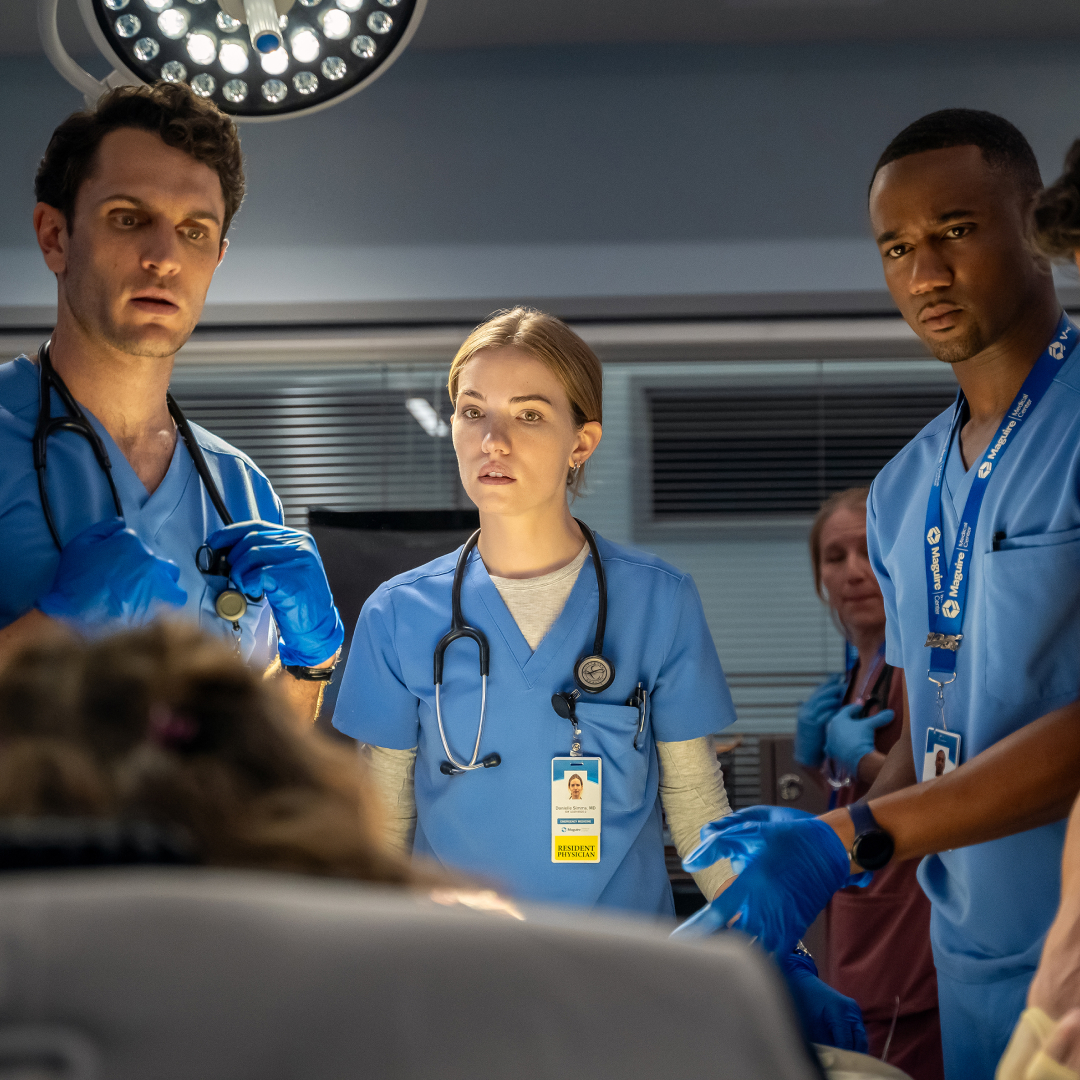 'Pulse' Season 2: Everything We Know
'Pulse' Season 2: Everything We KnowWe need to know about the future of the central will-they-won't-they STAT.
By Quinci LeGardye Published
-
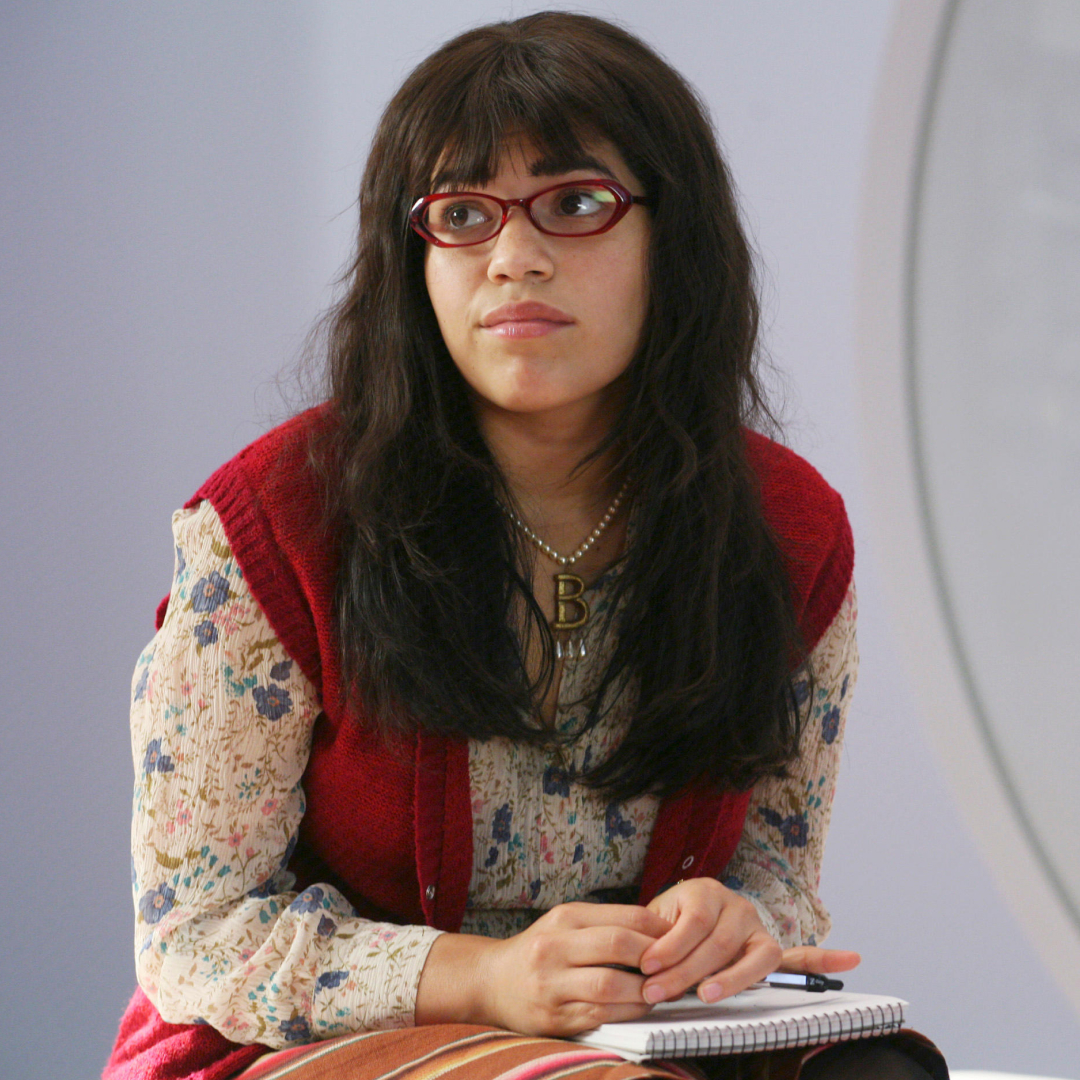 The Best Workplace TV Shows of All Time
The Best Workplace TV Shows of All TimeFrom iconic sitcoms to award-winning dramas.
By Iris Goldsztajn Published
-
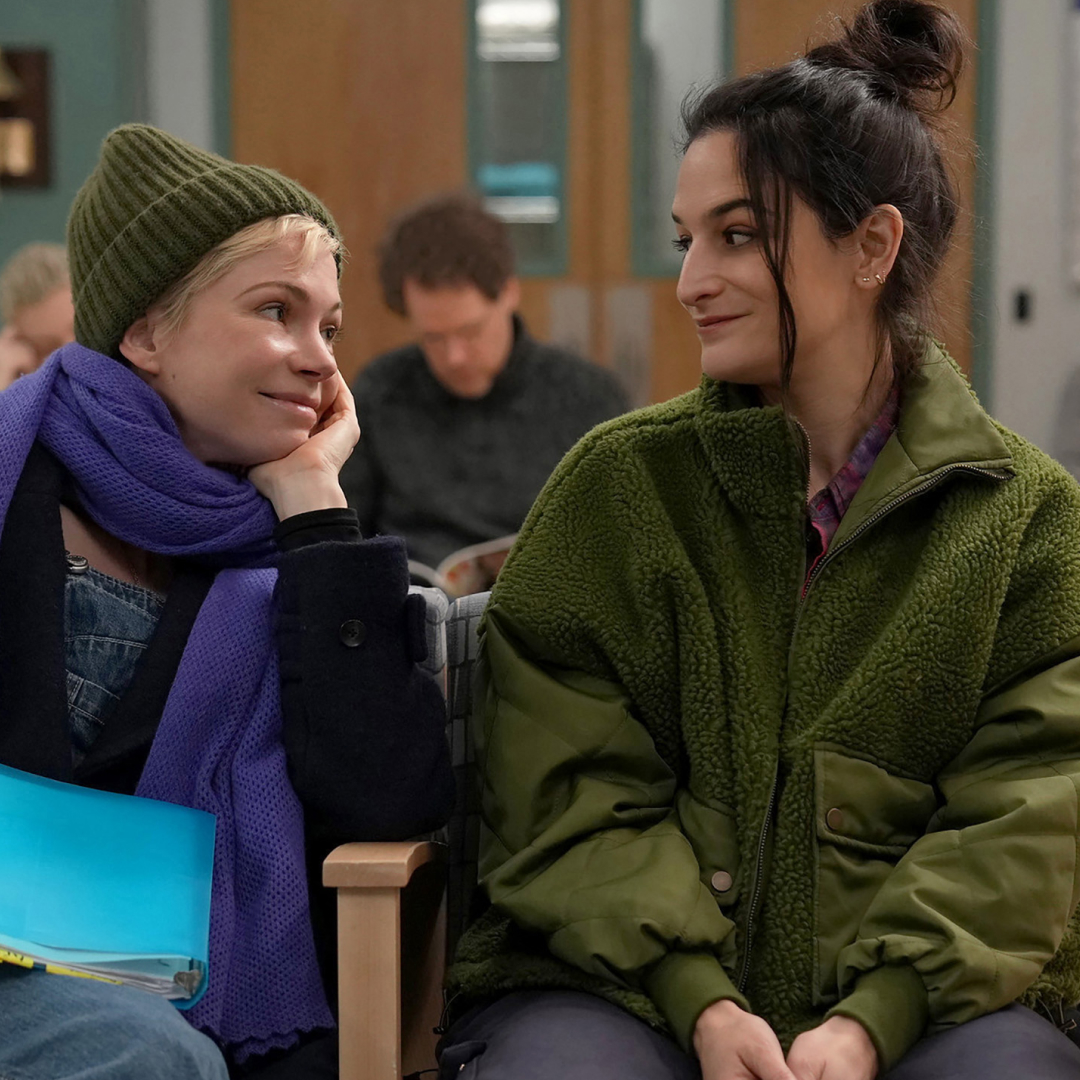 'Dying for Sex' Brought Jenny Slate to Life
'Dying for Sex' Brought Jenny Slate to LifeThe actress shares why playing Nikki in FX on Hulu's female friendship dramedy has felt like a life-changing part.
By Sadie Bell Published